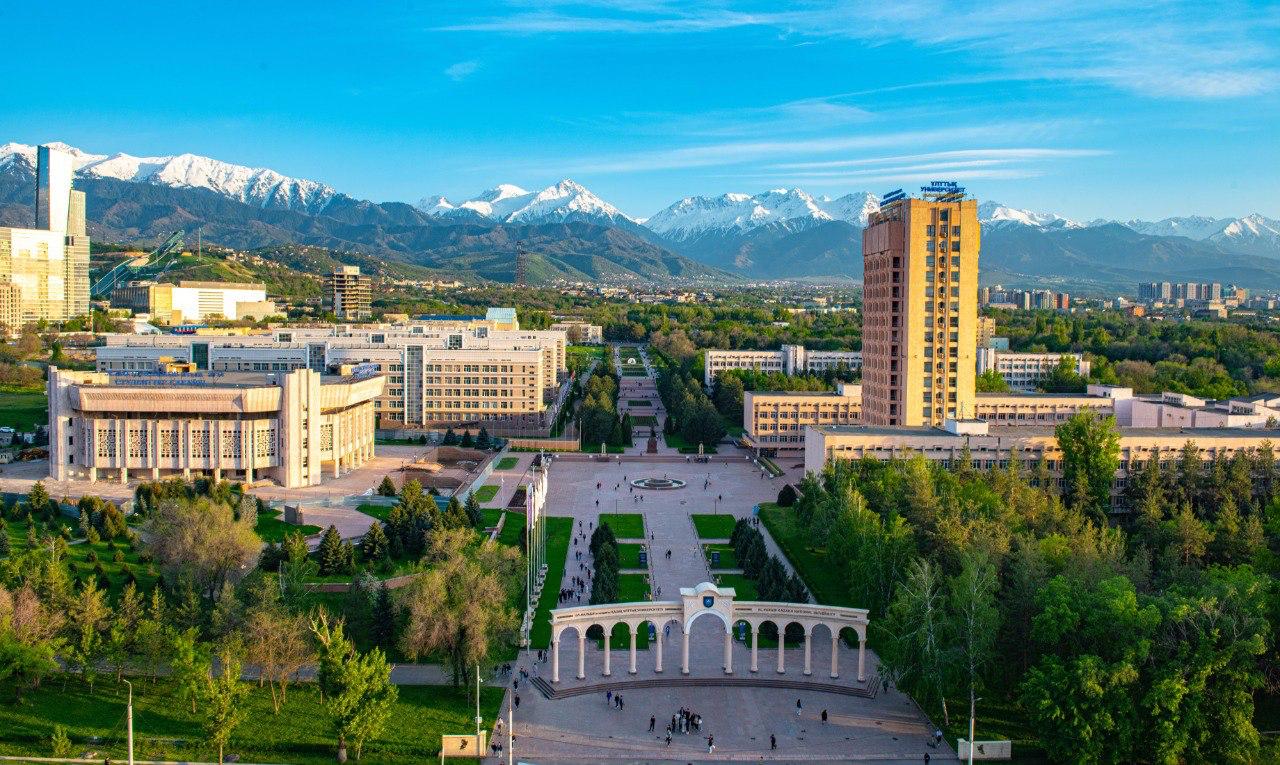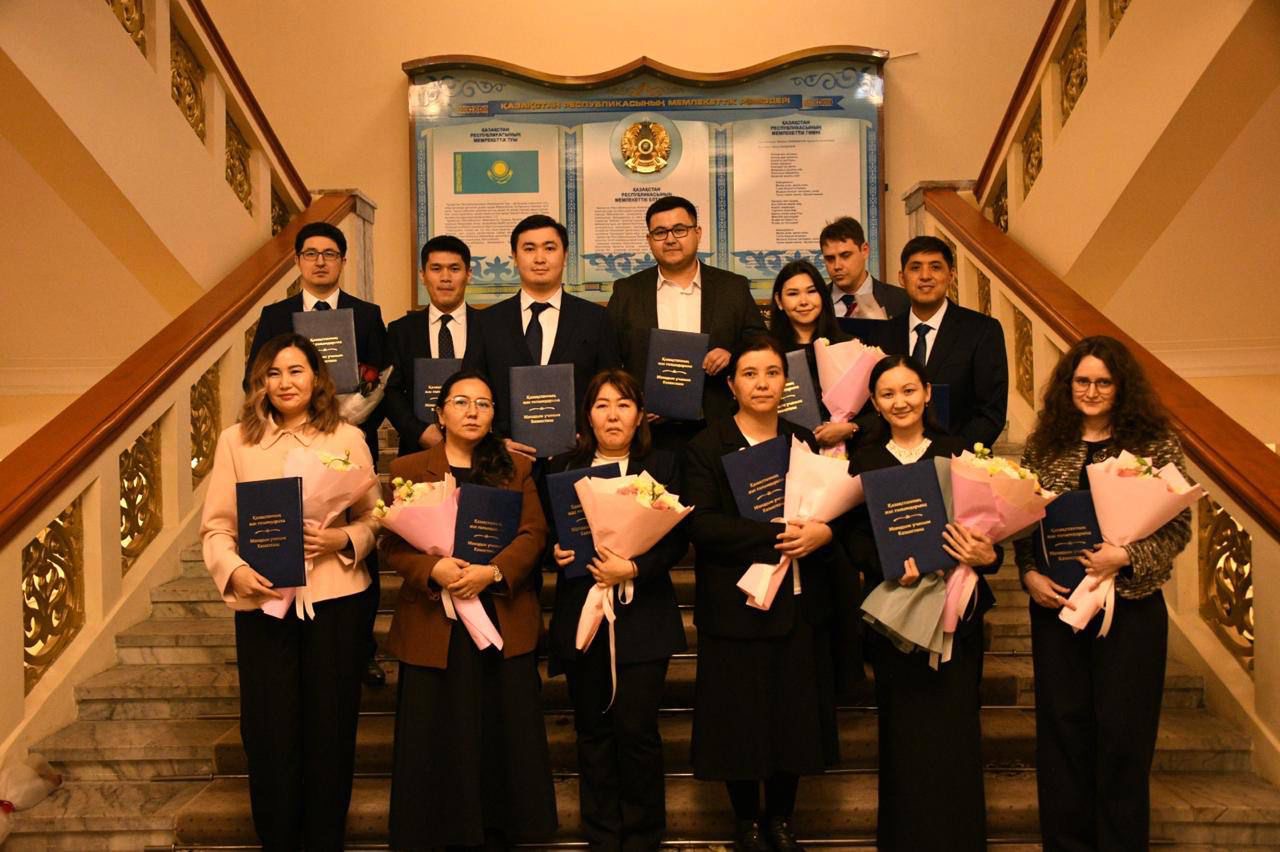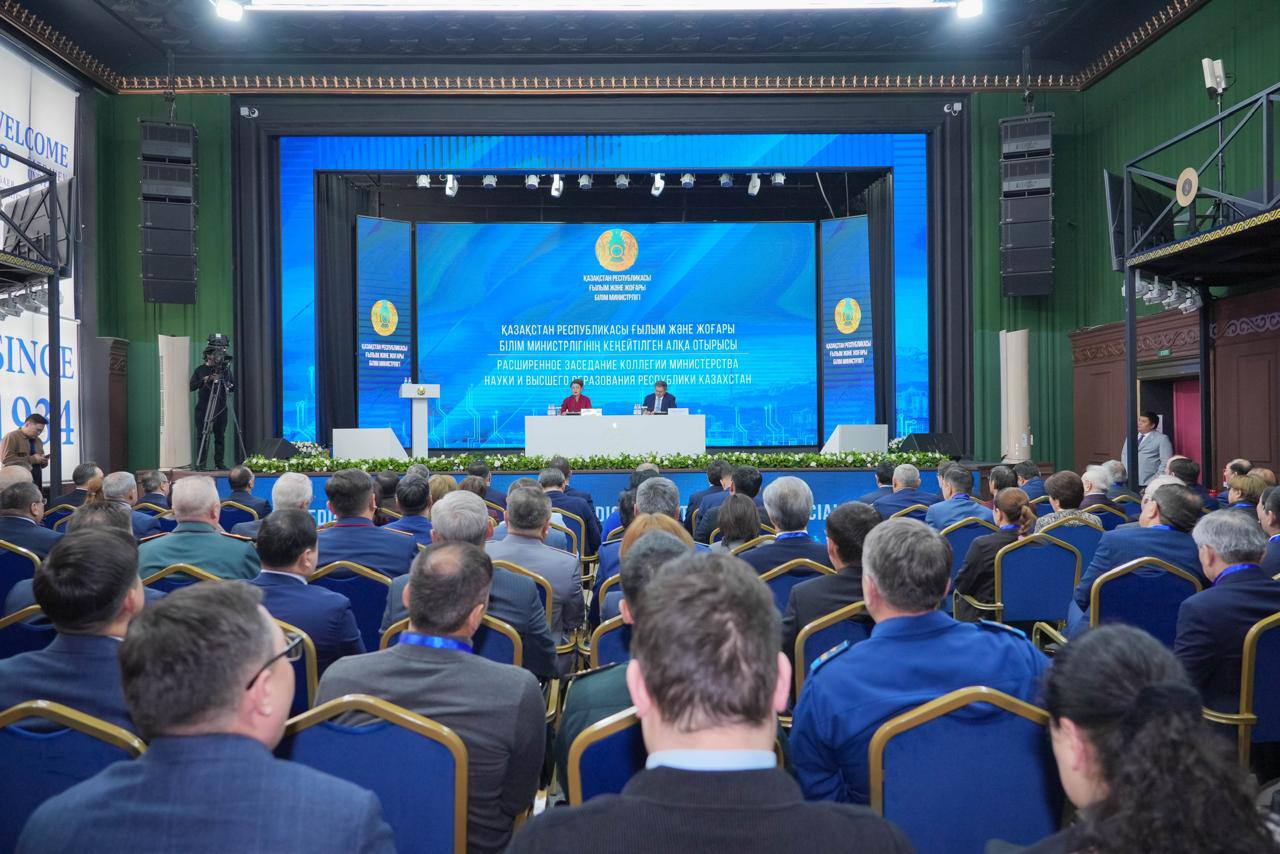- Main
- News
- SDG 5: Ensuring gender equality and empowering all women and girls. “The Role of Women in Science”
SDG 5: Ensuring gender equality and empowering all women and girls. “The Role of Women in Science”
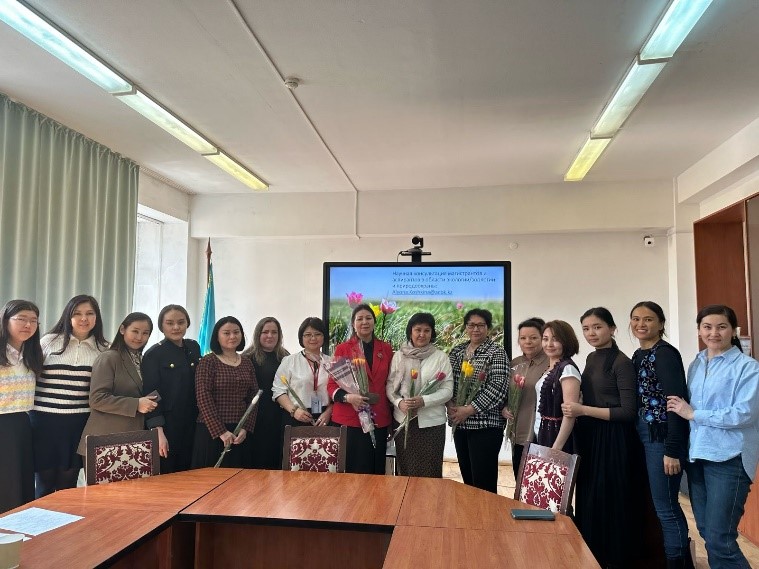
On the eve of International Women's Day, on March 6, 2024, the Department of Biodiversity and Bioresources, Faculty of Biology and Biotechnology al-Farabi Kazakh National University, organized an international event titled “The Role of Women in Science” within the framework of SDG 5: Ensuring gender equality and empowering all women and girls. According to the world professional community, only 30% of researchers are women. To ensure full and equal access to science for women and girls and their participation in it, on December 22, 2015, the UN General Assembly adopted a Resolution declaring February 11 as the International Day of Women and Girls in Science.
According to data from the Ministry of Science and Higher Education of the Republic of Kazakhstan, more than 54% of scientists in the country are women, which is over 10 thousand people. Every year, their share in the scientific community increases. For example, if in 2018 the number of women with a doctorate degree was 595, then by 2023, this number increased to 714.
The round table was attended by 6 speakers with reports revealing various problems of female scientists in the field of biological research.
Kurmanbayeva Meruert (Almaty, Kazakhstan) – Doctor of Biological Sciences, Professor, Dean of the Faculty of Biology and Biotechnology. Topic of the report: “M.Kh. Shigaeva – a great woman – scientist who conquered the world invisible to the naked eye.”
Asel Musabekova – PhD (University of Strasbourg, France) in the field of molecular biology and virology, scientific popularizer, immunization consultant, co-author of media projects about vaccines and the first official website about vaccination in Kazakhstan. Topic of the report: “About different career paths and about humanity in science: virology and vaccinology.”
Sitpayeva Gulnara (Almaty, Kazakhstan) – General Director of the Republican State Enterprise with the right of economic management “Institute of Botany and Phytointroduction.” Topic: “The role of women scientists in the development of botanical science in Kazakhstan.”
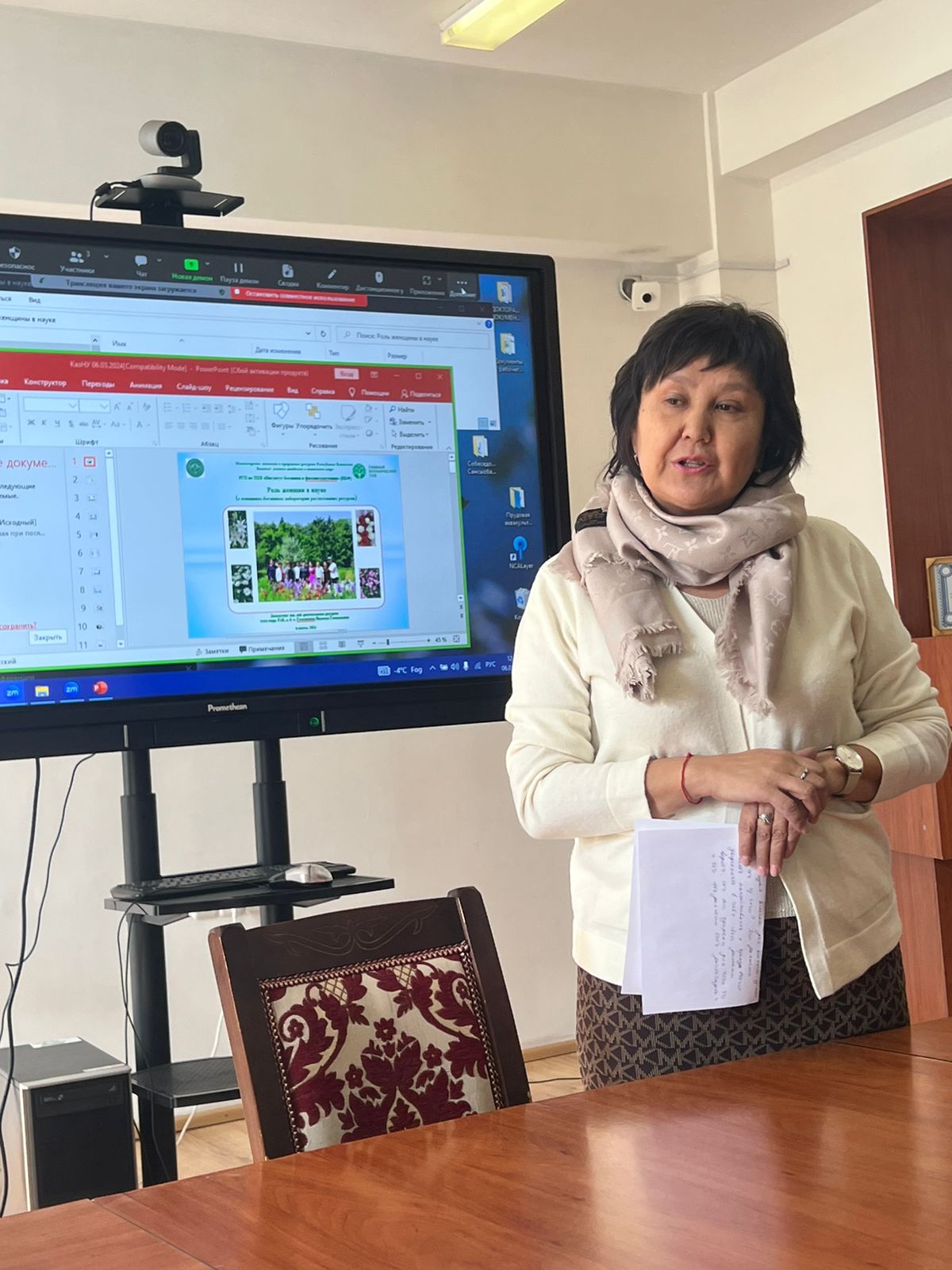
Dana Akilbekova – Switzerland (ETH Zurich), assistant professor at Nazarbayev University in the field of biomedical engineering. In 2007, she graduated from Al-Farabi Kazakh National University with a degree in physics. She received a master's degree in nanophysics in 2010 (Rice University, USA) and a PhD in engineering in 2014 (Iowa State University, USA) and conducted postdoctoral studies in Switzerland (ETH Zurich). Research interests: biomaterials, tissue engineering, and 3D bioprinting. Topic of the report: “Development of an organized bone extracellular matrix, in particular by simulating the complex organization of collagen fibers in bone.”
Gemedzhieva Nadezhda (Almaty, Kazakhstan) – Doctor of Biological Sciences, corresponding member. RAE. Head of the laboratory of “Plant resources” of the Republican State Enterprise with the right of economic management “Institute of Botany and Phytointroduction.” Topic of the report: “The role of women scientists of the Institute of Botany and Phytointroduction in the development of botanical science.”
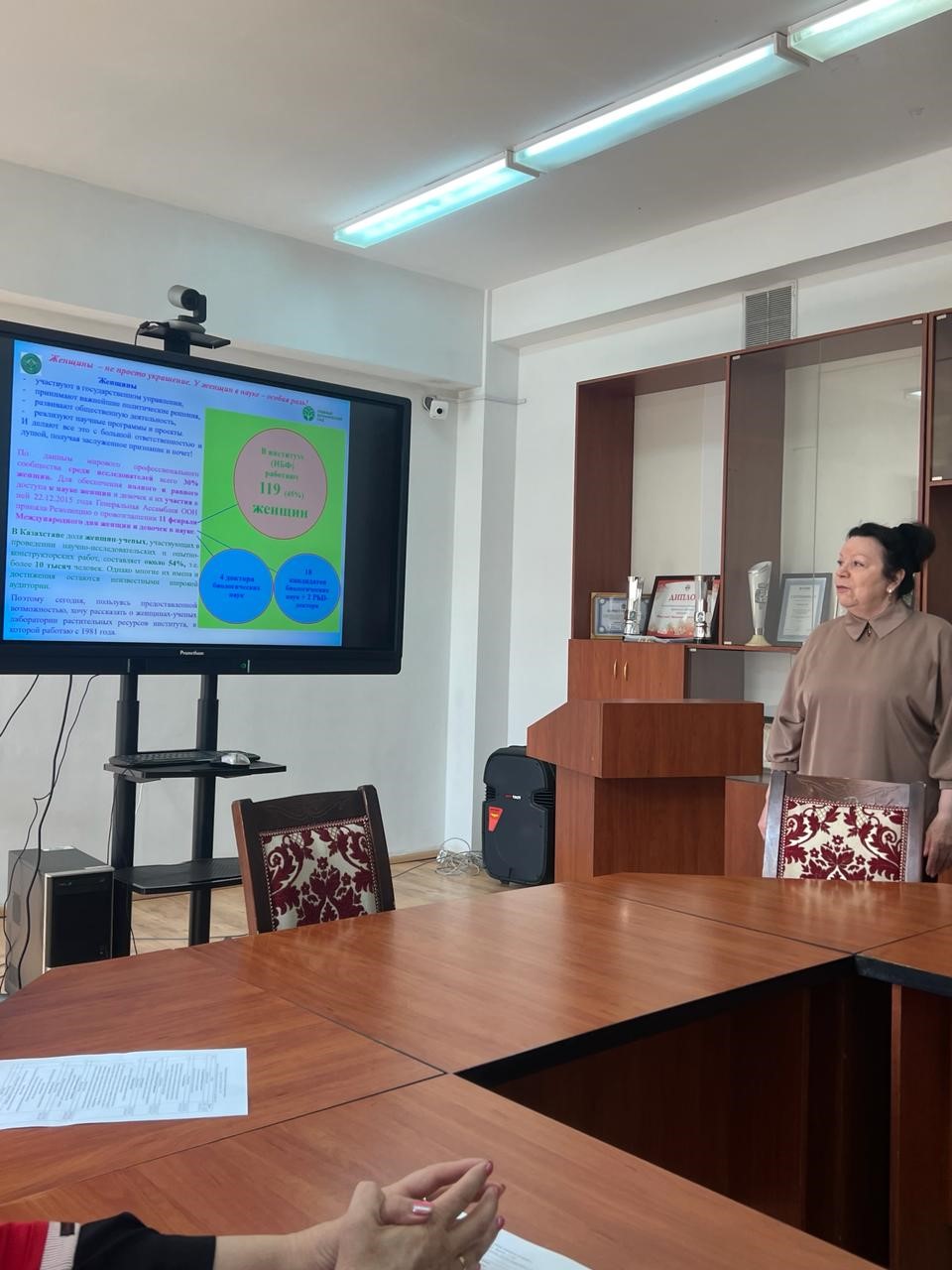
Alena Koshkina – Member of the IUCN Small Mammals Group of the International Working Group on Duck. Author and reviewer of scientific publications, author of the textbook “Steppe Animals,” National Geographic Explorer. Researcher at ASBK (Kazakhstan Association for Biodiversity Conservation) PhD in natural sciences Coordinator of environmental projects. Topic of the report: “The role of a woman biologist in the development of zoological science.”
At the round table, all the announced speakers discussed the problematic issues of women in the role of a scientist from various fields of natural sciences.
According to the UNESCO report for 2019, Kazakhstan entered the TOP 10 countries in terms of the number of women scientists. This suggests that in most countries access to science is provided equally, but not everywhere equal conditions have been created for doing science. After all, according to scientists themselves, in order to make scientific discoveries, it is necessary to devote oneself to science 100 percent. It is more difficult for women to do this, as they are distracted by giving birth and caring for children, and performing household chores. Thus, they interrupt their careers and often simply leave the race.
At the conclusion of the round table “The Role of Women in Science,” proposals were made to increase women’s equal and full access to science. It is necessary to create conditions such as supervised children’s rooms at places of work, kindergartens from early months, as well as the possibility of remote work, or providing half the working day in the office and half “remotely,” as is done in other countries (mainly in European countries and the USA, where science is more developed - editor's note). In addition, we need to increase the number of women decision-makers or increase their number in those places where decisions are made to create equal conditions for women. Perhaps then in Kazakhstan, there will be more women scientists published and cited in authoritative scientific publications.
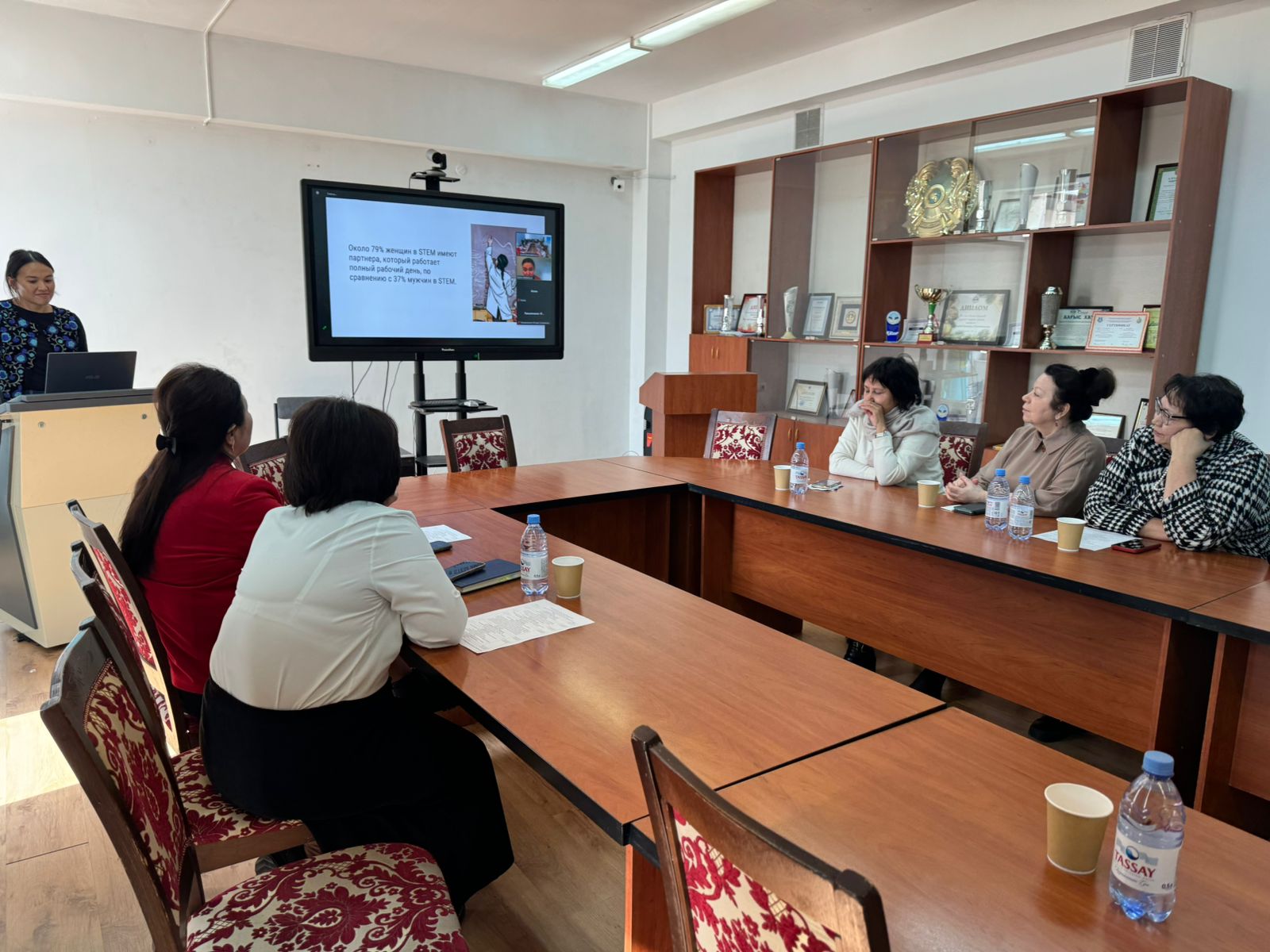
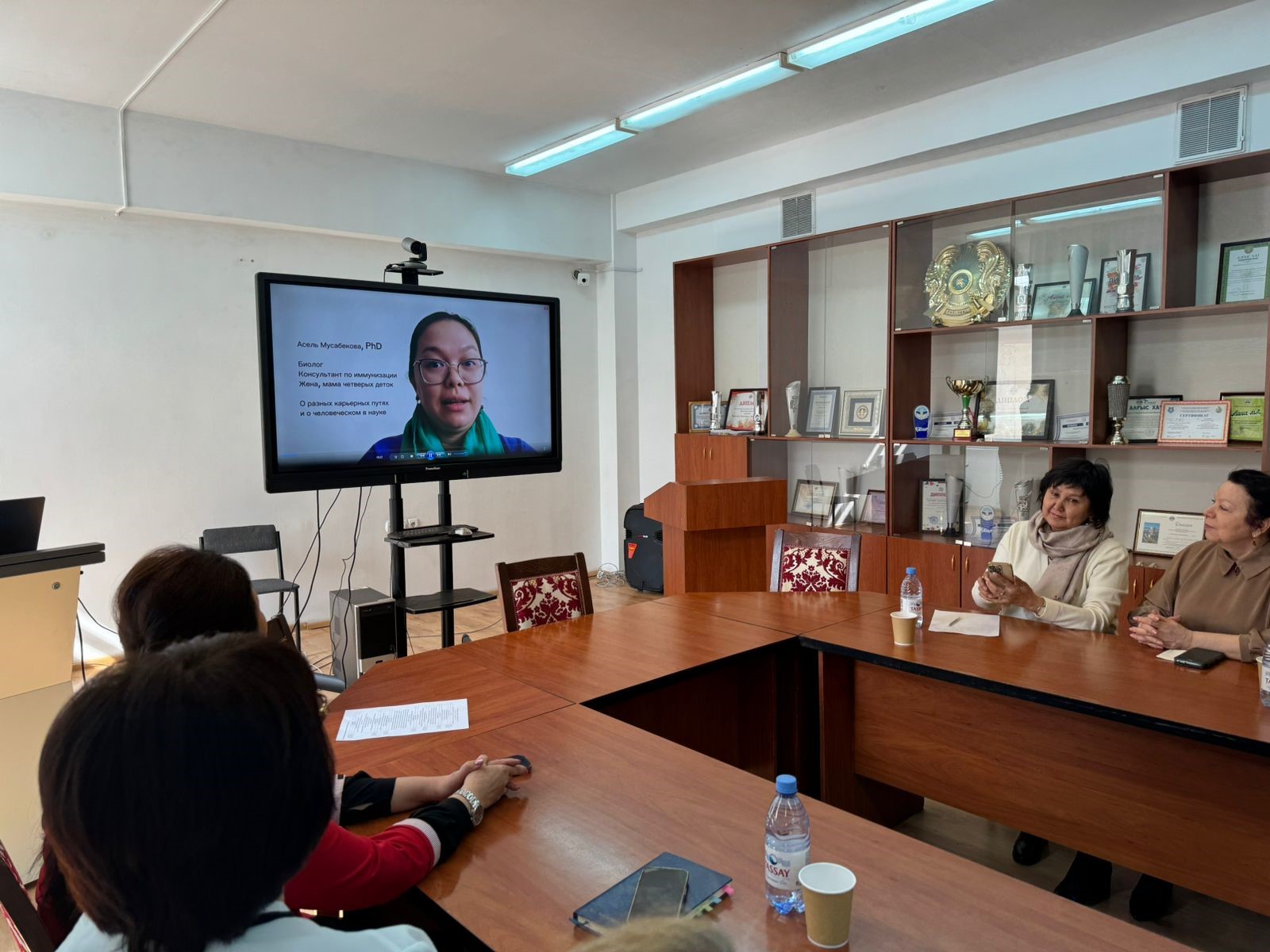
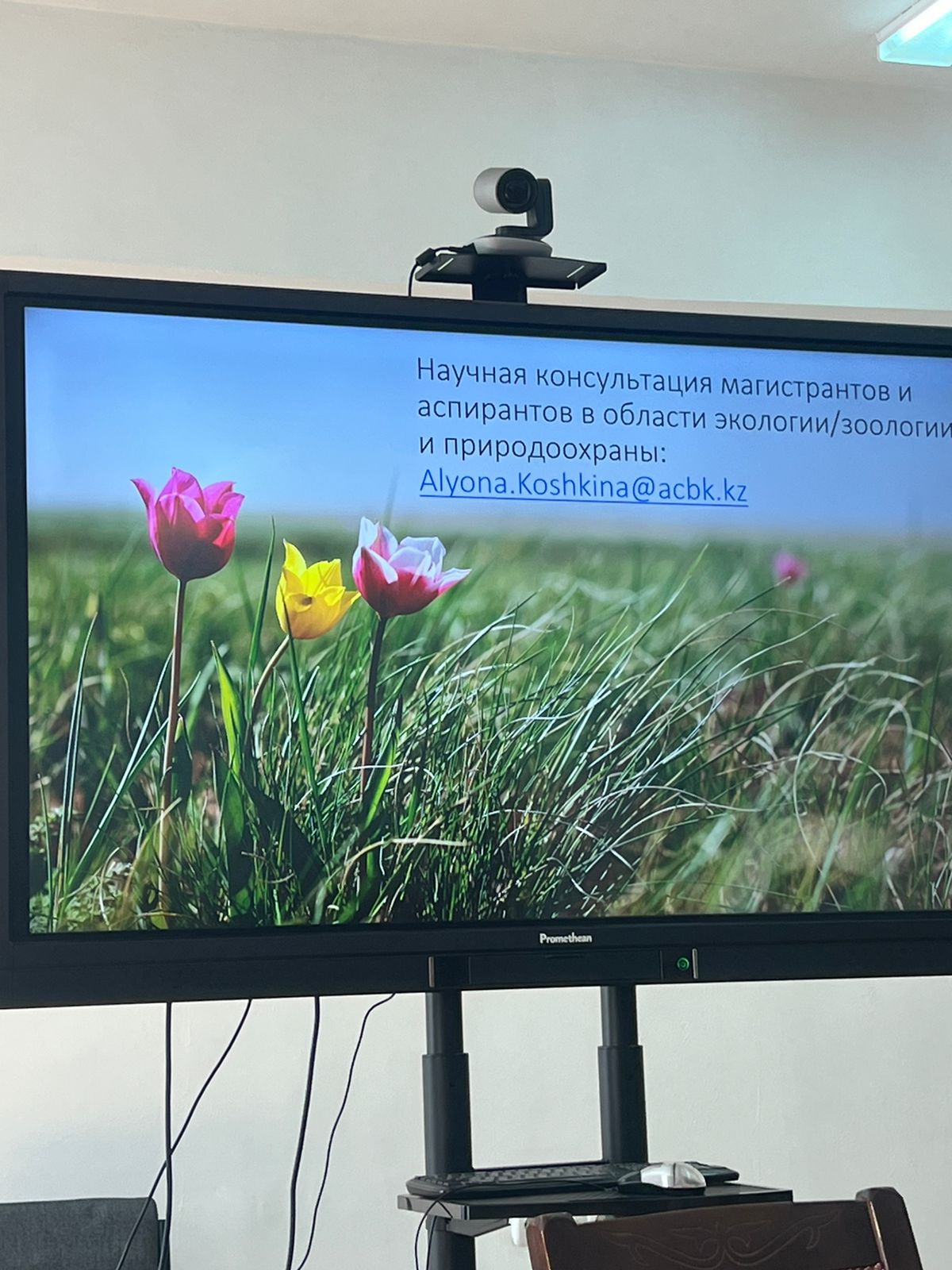
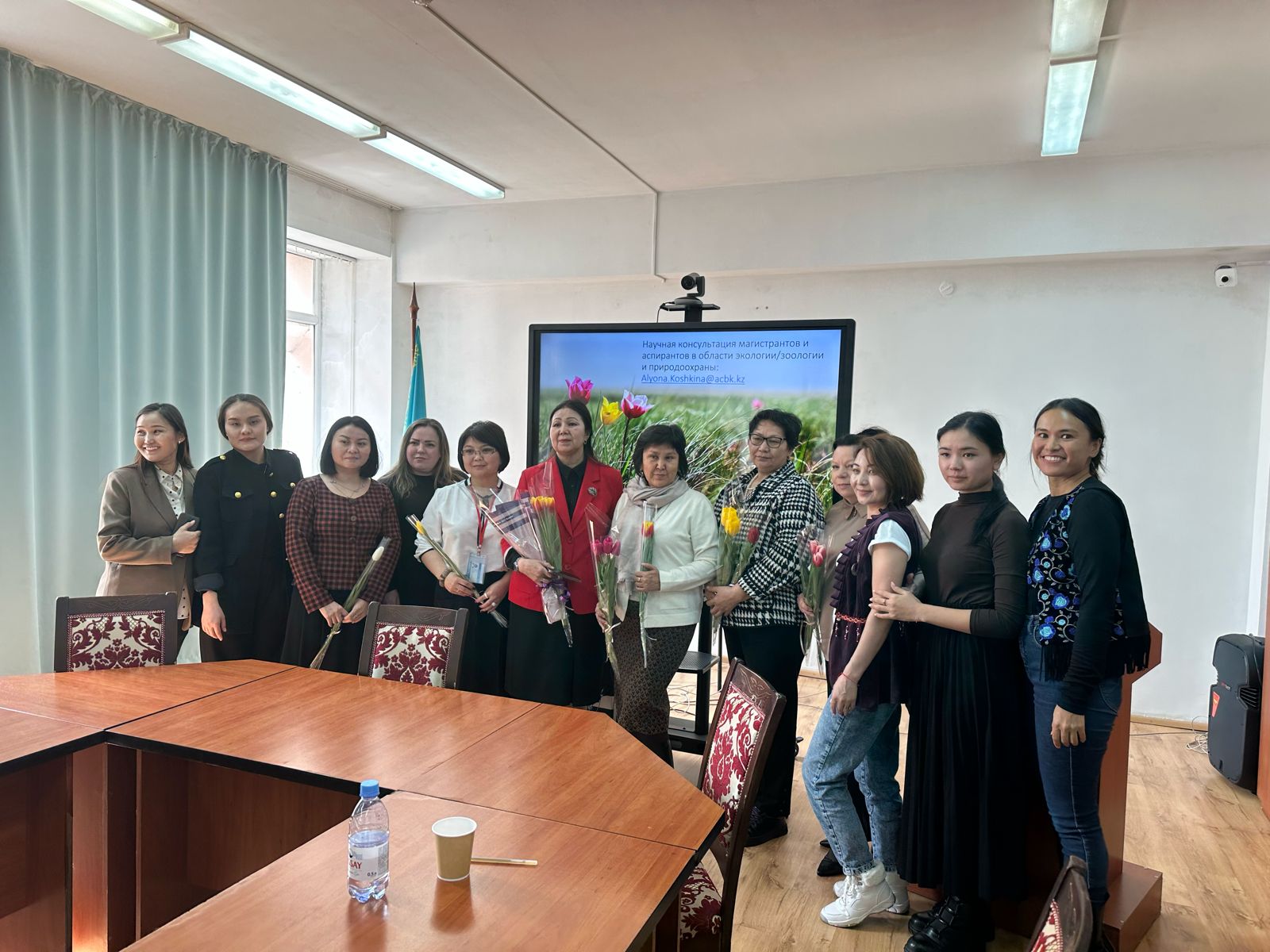
Department of Biodiversity and Bioresources
